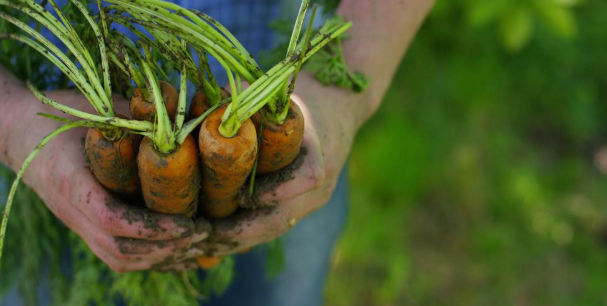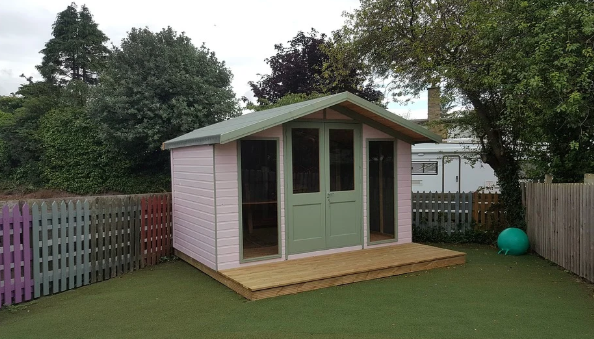Summer is a time of growth—not just for your garden but for your well-being, too. As the days stretch longer and the sun beams brighter, it’s the perfect opportunity to nurture both your plants and your own sense of balance. Whether you’re an avid gardener or just starting out, making mindful choices about how you care for your outdoor space can boost your physical and mental health. These five practical tips will guide you through cultivating a thriving garden while also giving yourself the support you need to flourish through the season.
Choose Plants That Suit Your Climate and Routine
Growing a garden that thrives starts with selecting plants that are compatible with your region’s conditions. Instead of fighting nature, work with it—choose drought-tolerant varieties if you’re dealing with frequent heat waves, or moisture-loving species if your area receives plenty of summer rain. This helps reduce frustration and overwork, allowing you more time to enjoy your space rather than constantly maintaining it. Think low-maintenance herbs, perennials, or native species that suit your lifestyle and allow your garden to take care of itself more often.
Water Smarter, Not Harder
Efficient watering is key during summer. Rather than daily light sprinkles, deep and infrequent watering encourages roots to grow strong and deep. Early morning is the best time to water, as it helps prevent evaporation and fungal issues. Consider installing drip irrigation or soaker hoses to minimize water waste and make the most of your resources. It’s worth noting that the country’s first oil pipeline, created in 1863, laid the groundwork for the delivery systems we rely on today—including efficient water lines for modern gardens.
Prioritize Personal Wellness in the Garden
Gardening isn’t just good for your landscape—it’s also great for your mind and body. Spending time in the soil can be meditative and stress-relieving. However, don’t forget to protect yourself: wear sunscreen, stay hydrated, and take breaks in the shade when needed. According to the American Migraine Foundation, approximately 12% of individuals aged 12 and older in the United States experience migraines, and sun exposure can be a trigger. Being proactive with your own care allows you to keep gardening a joyful, nourishing activity all summer long.
Involve Your Pets in Outdoor Activities
Dogs can benefit from structured time outdoors just as much as humans. Training sessions in the garden offer both stimulation and bonding time. You can use the opportunity to reinforce commands or introduce new ones in a more relaxed setting. According to Dogster, 73% of dog owners have introduced a form of training, and your yard can serve as the perfect practice ground. Just make sure your garden is safe and pet-friendly, avoiding toxic plants and securing tools or chemicals out of reach.
Rotate Your Garden Tasks to Prevent Burnout
Tending to your garden should be enjoyable, not exhausting. Spread out tasks like weeding, mulching, pruning, and fertilizing across the week rather than tackling everything in one day. This habit helps prevent strain and makes it easier to stay engaged with the process. It also gives you daily wins and a sense of progress without feeling overwhelmed. Maintaining a sustainable rhythm with your garden fosters a more harmonious summer routine—for your plants and yourself.
Summer is a season rich with opportunity, especially when you approach it with purpose and balance. By choosing the right plants, watering thoughtfully, caring for your personal well-being, involving your furry companions, and pacing your garden work, you create a thriving environment both inside and out. Let your outdoor space be more than just a hobby—make it a sanctuary that feeds your soul as much as it feeds your soil. With just a few mindful practices, your garden and your spirit can both flourish this season.
Let me know if you’d like to turn this into a social media carousel or create a downloadable garden checklist.










